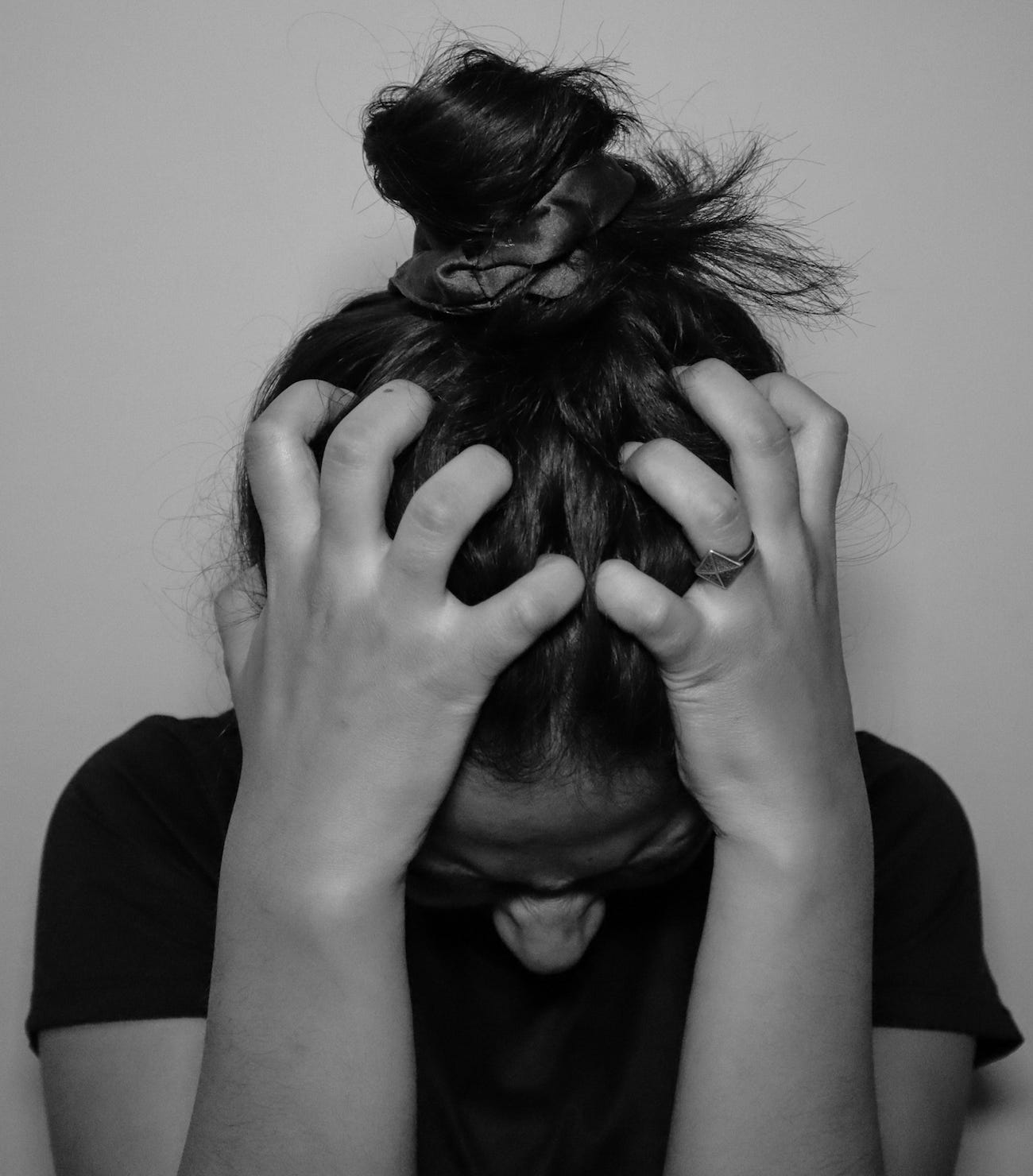Have you been politically radicalized?
It's easy to analyze someone whose behavior is extreme - much harder to look at our own hearts, minds and words. Here are 10 self-reflection questions drawn from the research on radicalization.
Photo by Simran Sood on Unsplash
Many have asked since the horrific assassination on Charlie Kirk, how does a kid raised in a conservative Utah neighborhood get to the point he’s willing to take another’s precious life?
I wrote about that last week, after checking out some of the research on political radicalization and corresponding with several scholars. How does an individual get politically radicalized?
One major “pyramid” theory is that many people get politically radicalized, but only a small subset end up at the point of being willing to hurt someone else. That’s left me wondering, how many of us occupy the larger base of the pyramid? Are there any signs of political radicalization we can see in our own lives - to the point that politics has become a malign, harmful influence in our own minds and relationships?
Drawing on the themes of that article focused on the violent extremes, here are 10 self-reflection questions to ask yourself:
1. Do you find yourself buying into narratives of American institutions - government, courts, police, religion, medicine, science, universities, newspapers - as wholly and pervasively corrupt, and serving only an evil purpose?
2. Do you notice any signs of isolation and estrangement in your own relations with others who may disagree with you politically?
3. How much time do you spend online reading politically-related coverage? How does that time compare with time in other kinds of uplifting reading or other media content?
4. Do you find yourself tuning in to podcasts, influencers or other pundits who express deep cynicism, resentment and anger targeted at certain people or institutions in society? (whether coming from the political right or left)
5. How quick are you to embrace the darkest, most suspicious portrayals of motives - for instance, insinuations that certain parties or political leaders are trying to destroy American democracy?
6. How often do you purposively seek out commentaries and perspectives from thoughtful individuals who disagree with you politically? In other words, are you hearing from the most thoughtful individuals on the other side? (For instance, liberal-leaning folks might spend some time with insightful Mark Thiessen or the remarkable Brett Stephens - while conservative-leaning folks might give a serious listen to the inspiring Ezra Klein or the brilliant Helen Lewis).
7. Have you noticed your own level of anger and grievance against individuals or institutions escalating - to the point of interfering with the rest of your life?
8. Do you sometimes struggle to sleep at night given how angry or fearful you are politically? Are there any other physical signs that stress tied to politics is affecting you?
9. How do you talk about others who hold differing political views than you - including neighbors, family or the leaders themselves? Do you ever fall into language that portrays these individuals as less than human?
10. Are you able to share something positive - even a single thing - about a political leader opposite to your political views?
That’s it. This isn’t an assessment of whether you’re on the edge of political violence. It’s a check on how far political radicalization has taken hold of your own mind and heart - to the detriment of other beautiful things.



